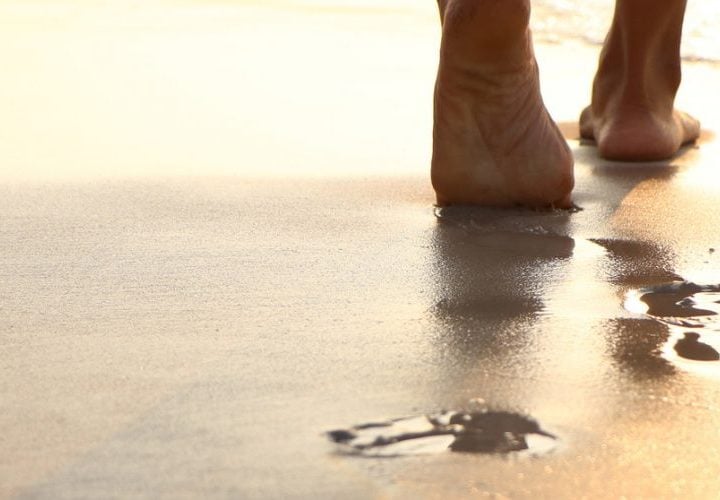The Criminal Injuries Compensation Authority (CICA) is a state-funded scheme whereby victims of sexual abuse and other crimes can make a claim for the suffering they have experienced as a result of the offence/s committed against them.
However a rule that has come to be referred to as the ‘same roof’ rule creates an anomaly amongst injured parties and prevents victims of domestic crimes from being compensated, if, at the time of the offence, they lived under the ‘same roof’ as their perpetrator.
The Ministry of Justice says the rules were changed in October 1979 so that any future child victims of domestic crimes can claim but the changes are not retrospective. This creates an undesirable distinction amongst those who were living with their attacker before 1979 as members of the same family and those who were not. For example one victim could be abused by their father in the family home. This same perpetrator could also sexually abuse a neighbour. If both victims were abused before 1st October 1979, the neighbour would receive compensation but the abuser’s child would be refused under the ‘same roof rule’.
The rule dates back to the inception of the Criminal Injuries Compensation Scheme in 1964 and has the principal objective of ensuring that compensation paid does not benefit perpetrators of crime who live together within the same family as their victims.
The result is that victims are further victimised.
Next week, the Court of Appeal is due to hear the legal challenge which argues that this discriminatory rule should be scrapped. As well as victims who have themselves been denied compensation as a result, the Independent Inquiry into Child Sexual Abuse (IICSE) also wants the ‘same roof ‘rule to be scrapped.
Here at Farleys we frequently receive enquiries from historical and more recent victims of child sexual abuse. Our team are often the first point of contact and we are able to offer confidential advice in relation to the options available to those who have been or who know someone who has been abused.
If you wish to discuss anything in relation to the issues mentioned above, please contact us on our Abuse Line 0330 134 6430 or via one of the other options available on our website.









